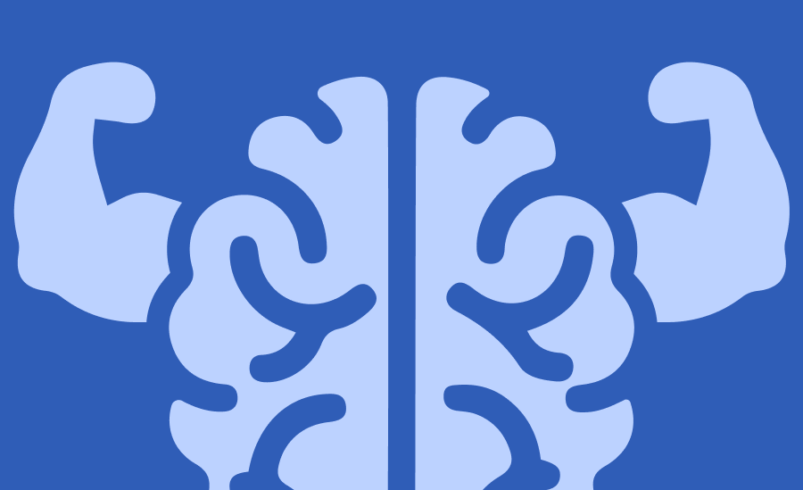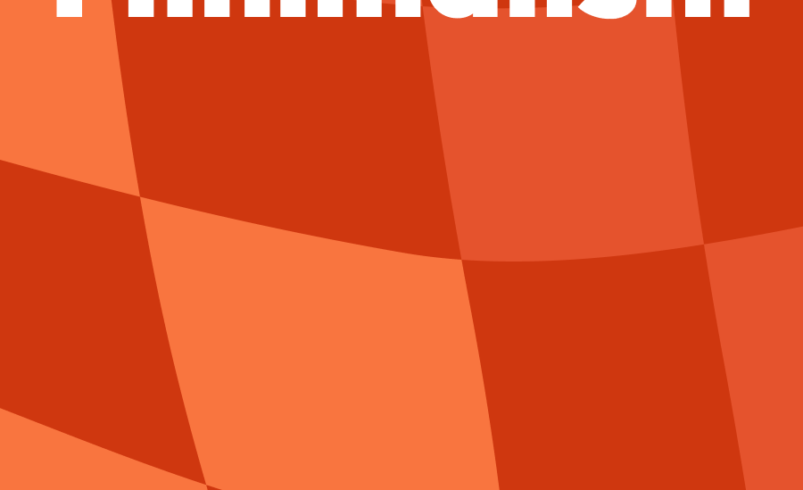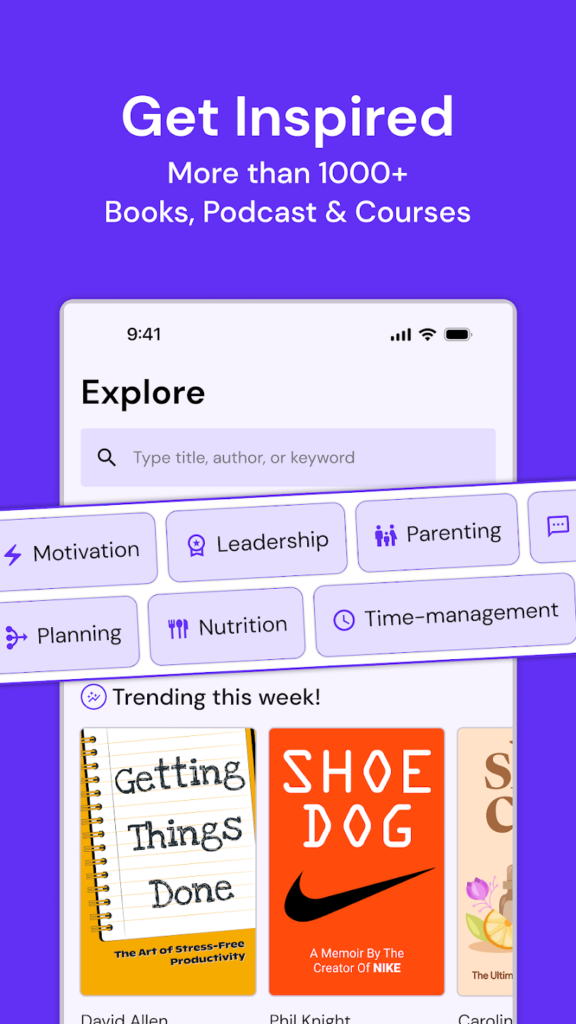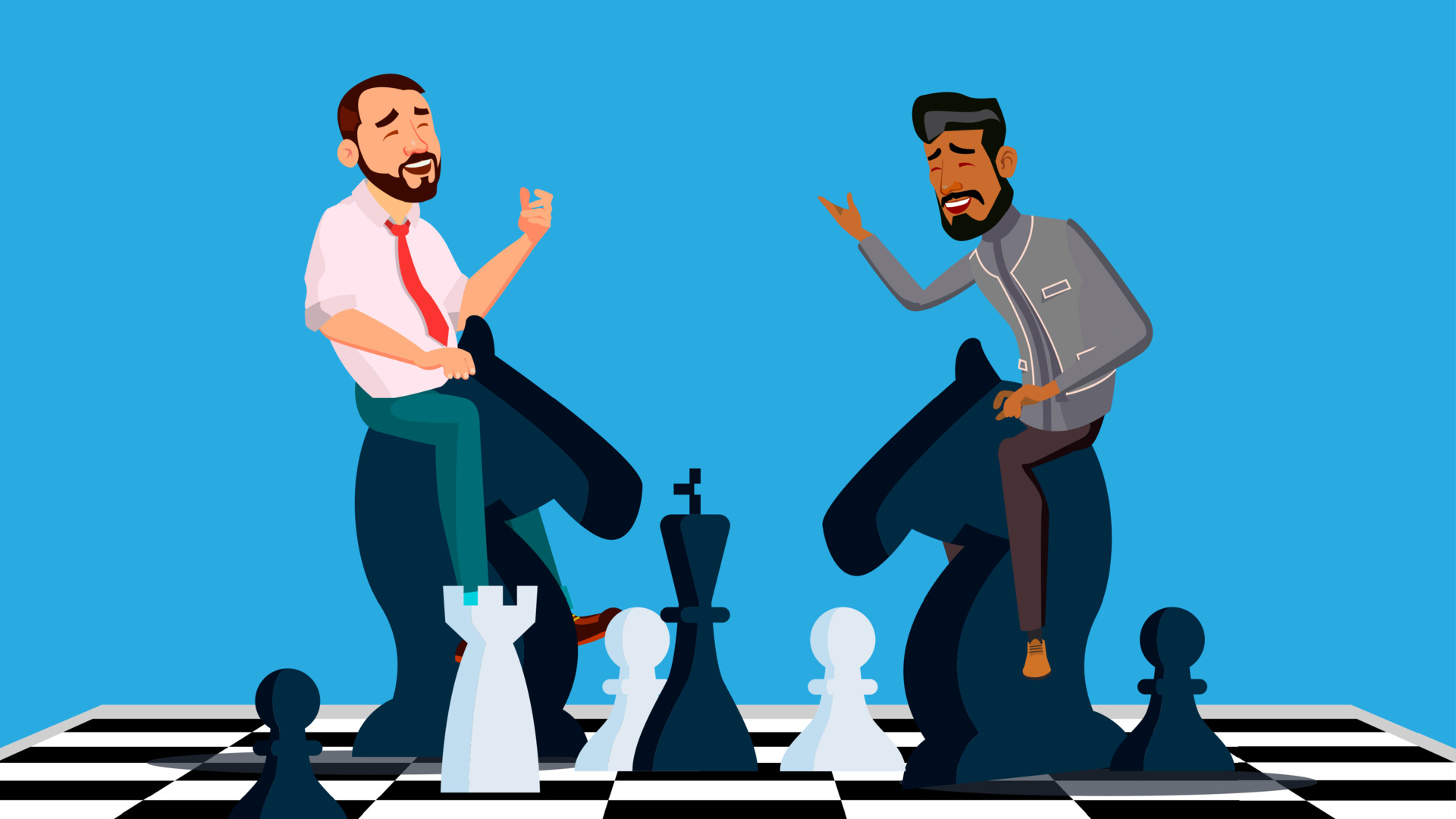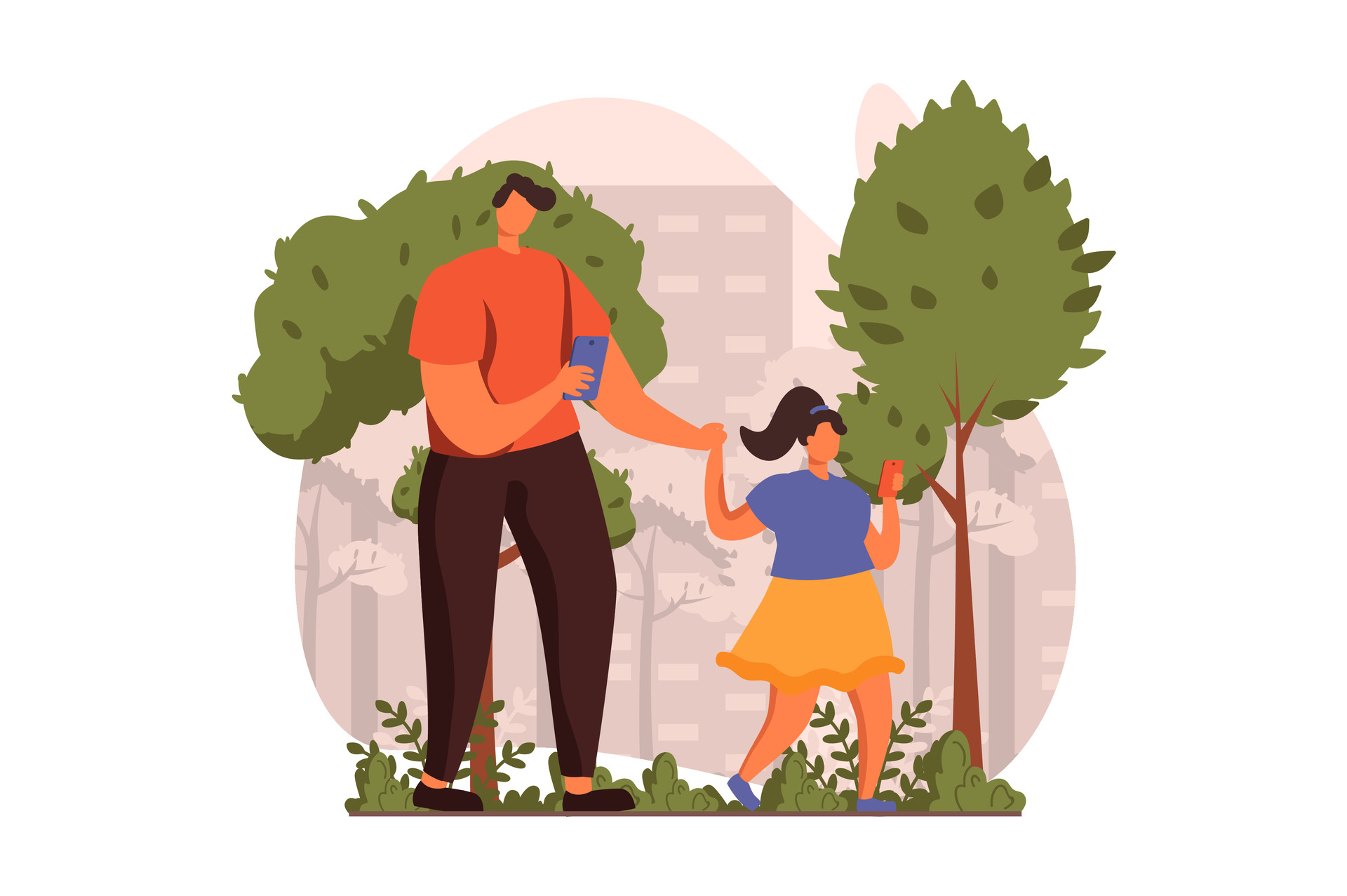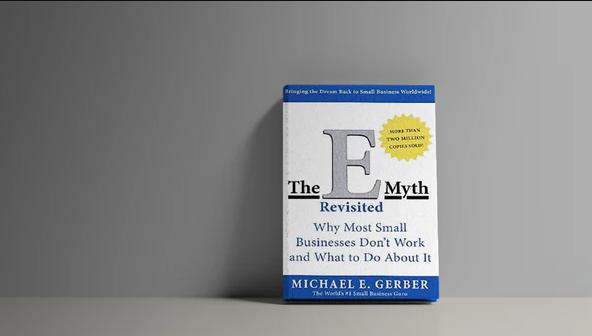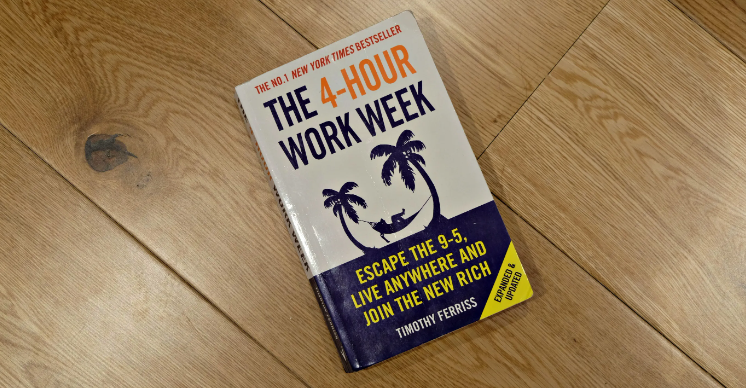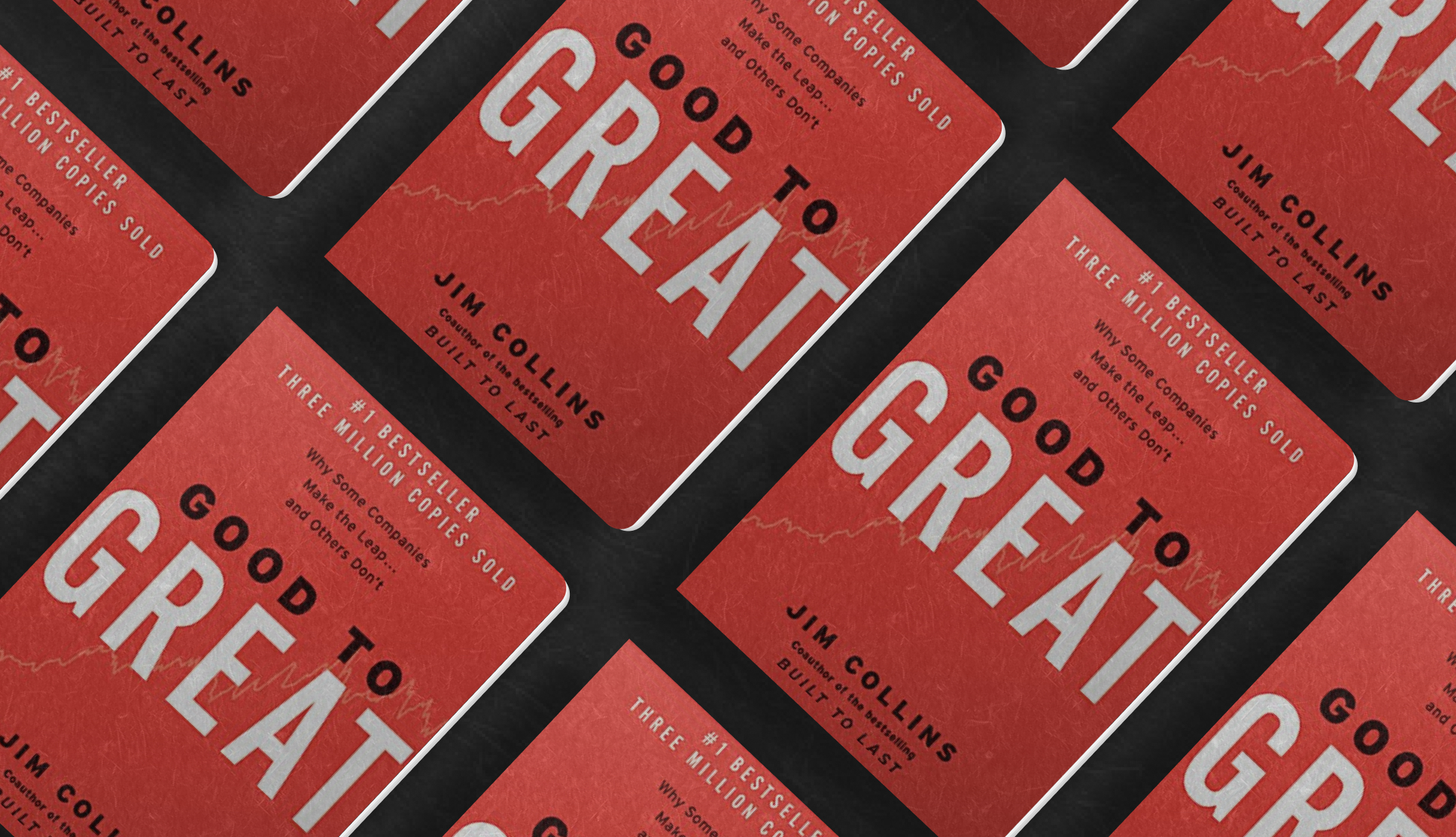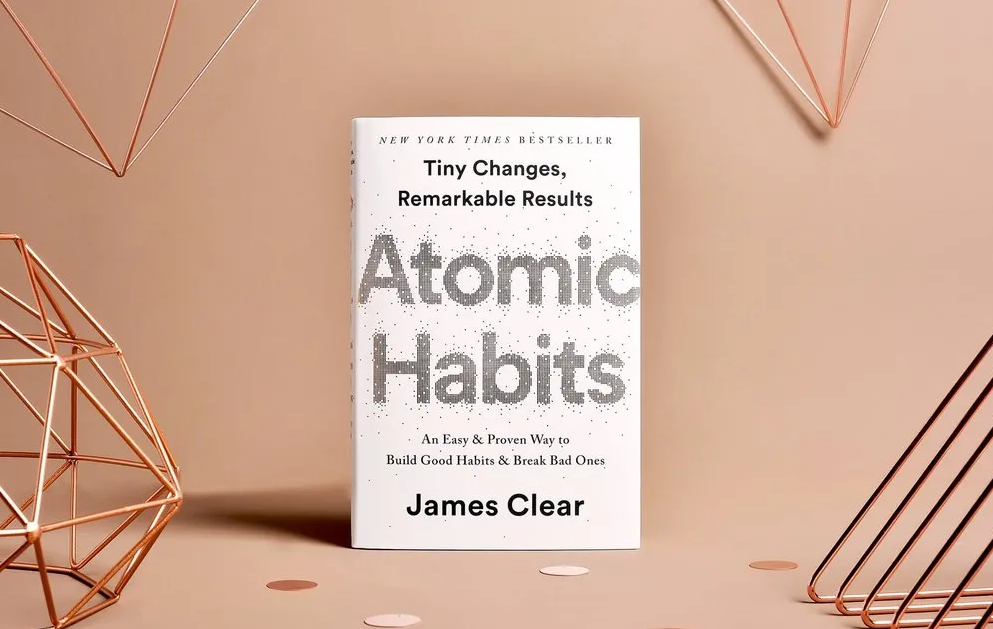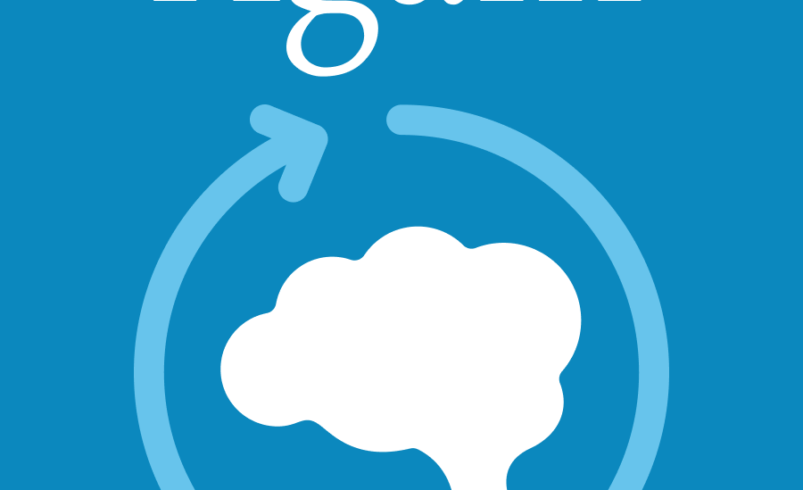
Sometimes, all it takes is a new perspective.
Adam Grant’s book Think Again is all about this powerful concept. The book nudges us to challenge our assumptions and develop a curious mindset that values flexibility over stubbornness.
You could say it’s the guidebook for anyone who has ever lost an argument and then thought, Wait, maybe they had a point.
In this post, we’ll walk through 10 lessons from Think Again that reveal the power of rethinking our ideas, beliefs, and actions.
-
Contents
- 1 Embrace the Power of Not Knowing
- 2 Be a Scientist in Your Own Life
- 3 Let Go of ‘Preacher, Prosecutor, and Politician’ Modes
- 4 Question Your Convictions
- 5 Seek Disconfirming Evidence
- 6 Build a ‘Challenge Network’
- 7 Rethink Your Career Plans
- 8 Make Feedback Your Friend (Even When It’s Hard to Hear)
- 9 Turn Confusion into Curiosity
- 10 Celebrate Being Wrong
- 11 Rethink Your Approach with the Wizdom App
Embrace the Power of Not Knowing
Let’s face it: most of us hate admitting we’re wrong. Think Again argues that embracing what you don’t know is actually a superpower. When you admit ignorance, you open up a world of curiosity, learning, and growth. The next time someone asks, “Do you know what blockchain is?” try saying, “Not really, but I’d love to learn.” You’ll be surprised at the places curiosity will take you.
-
Be a Scientist in Your Own Life
Think Again encourages us to adopt a scientific mindset. Scientists experiment, gather data, and adjust their theories based on new findings. What if we applied this to our daily lives? Rather than clinging to rigid beliefs, treat every situation like an experiment. If Plan A doesn’t work, treat it as a hypothesis that needs tweaking, not a failed mission.
-
Let Go of ‘Preacher, Prosecutor, and Politician’ Modes
Grant describes three roles that prevent us from rethinking: the preacher, who tries to convince others of their beliefs; the prosecutor, who attacks opposing views; and the politician, who aims to win approval. In Think Again, he suggests we should step out of these roles and be more like explorers –
people open to discovering new ideas and perspectives without the pressure of “winning.”
-
Question Your Convictions
We’re all attached to our ideas, but Think Again argues that blind conviction can be dangerous. Instead of treating your beliefs as “me,” treat them as “mine.” They’re things you possess, not your entire identity. By separating yourself from your convictions, you make room to let go of outdated ideas and adopt more informed ones. Remember: change isn’t betrayal – it’s growth.
-
Seek Disconfirming Evidence
Here’s one for the brave. While most of us look for evidence that confirms our beliefs, Think Again suggests we seek out information that disproves them. Known as “disconfirmation bias,” this technique helps us see the full picture, not just the side we want. Next time you’re convinced pineapple doesn’t belong on pizza, try listening to the pineapple lovers – it’s a surprisingly refreshing experience.

-
Build a ‘Challenge Network’
You may have heard of a support network, but a “challenge network” is a game-changer. In Think Again, Grant describes this as a group of people who don’t always agree with you, but who challenge your assumptions and push you to rethink. Surrounding yourself with people who challenge your ideas makes you more open to rethinking. (Bonus tip: it also makes for some very spirited dinner conversations.)
-
Rethink Your Career Plans
If you’ve ever felt stuck in your career, Think Again offers a liberating reminder: career goals aren’t meant to be rigid. If you’ve outgrown your career goals, don’t force yourself to follow them. Rethink your path, explore new options, and embrace the possibility that change might lead you to more fulfilling work.
-
Make Feedback Your Friend (Even When It’s Hard to Hear)
Feedback can be uncomfortable, but it’s essential if you want to grow. Think Again encourages us to seek out constructive criticism as a tool for rethinking. When someone gives you feedback, try to take it as data, not as a personal attack. Easier said than done? Yes. But it’s worth it. Honest feedback can help you identify blind spots and improve in ways you didn’t even realise you needed.
-
Turn Confusion into Curiosity
Confusion is frustrating, but Think Again reminds us that it’s also a sign we’re about to learn something new. Instead of avoiding situations that make us feel out of our depth, embrace the confusion and let it fuel your curiosity. Ask questions, look things up, and keep digging. Often, that initial confusion is just the gateway to a deeper understanding.
-
Celebrate Being Wrong
Finally, one of Think Again’s most powerful lessons is to celebrate being wrong. It sounds counterintuitive, but recognizing when you’re wrong is actually a major win – it’s a sign that you’re learning and growing. Plus, it’s humbling. Instead of clinging to being “right,” embrace your mistakes as opportunities for self-improvement. The next time you realise you were wrong about something, celebrate it as a sign of progress.
Rethink Your Approach with the Wizdom App
In a world that’s constantly changing, staying flexible and open-minded is more important than ever. Think Again teaches us that the ability to question our beliefs and embrace new ideas is invaluable.
And if you want to take these rethinking skills a step further, try out the Wizdom app. It offers bite-sized insights from books like Think Again, giving you practical wisdom and inspiring ideas to apply in your everyday life. Rethink, refresh, and rediscover – one insight at a time.

Zia Hawwa
Currently pursuing a Degree in Criminology, Zia’s passions lie in the world of literature and the human psyche. She loves what the world has to offer, and is always on the journey of satisfying her curiosity.
Recent Posts
- 25 Top Quotes from The 10X Rule to Supercharge Your Ambition
- 10 Books You Must Read to Succeed in Your Career
- 30 Little Tricks for Big Success in Relationships
- 25 Life-Changing Self-Help Books to Read This December: Boost Your Mood and Your Mind
- 25 Amazing Self-Care Tips for December: Wrap Yourself in Joy, Not Stress

